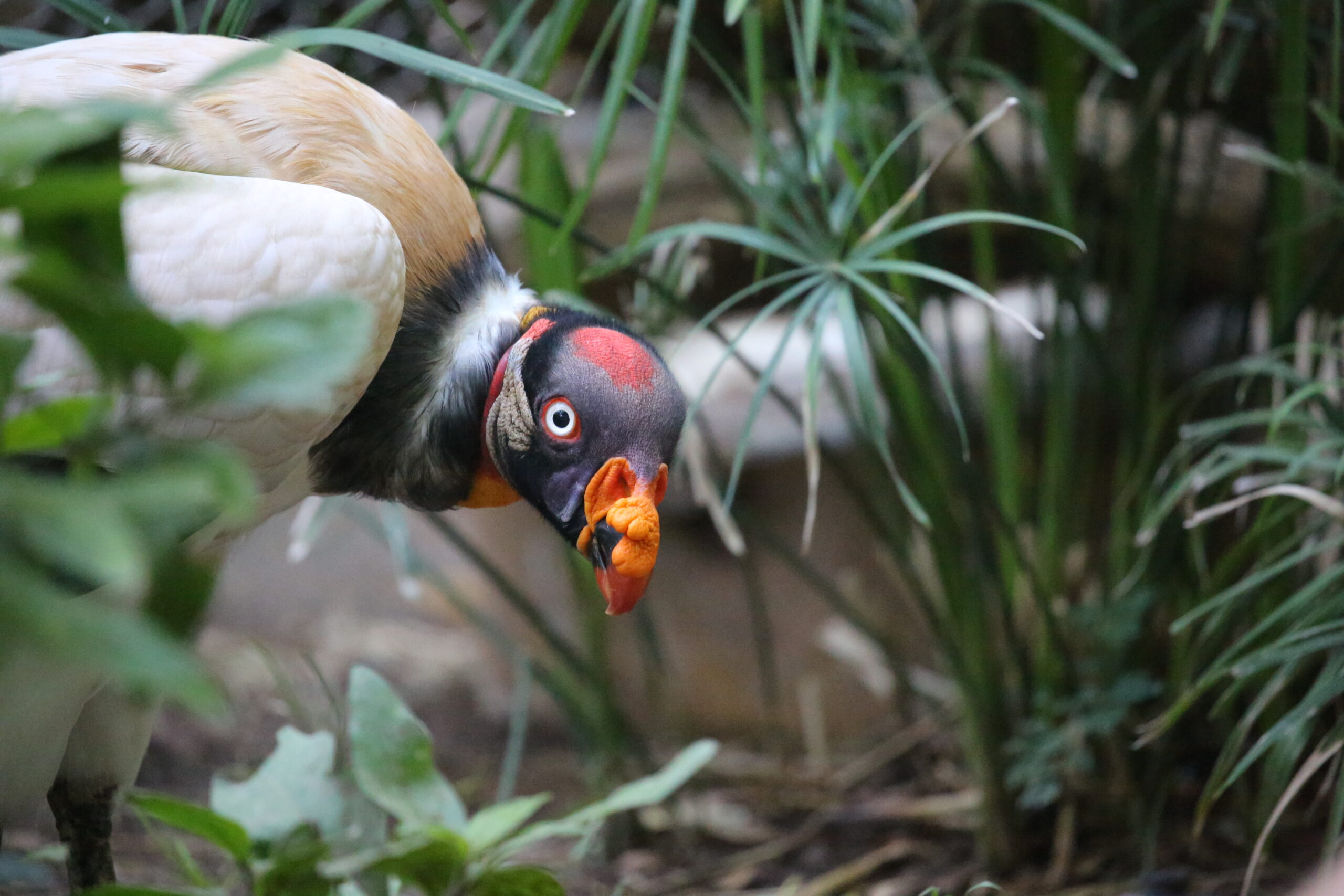Summary of Reid Park Zoo Receives Positive Avian Influenza Test Result, Safety Measures Already In Place:
Reid Park Zoo has received positive avian influenza test results for three birds, including a male king vulture, a crested jay, and a scarlet ibis. The zoo’s avian influenza safety protocols have been in place for over a week while awaiting test results. The zoo has communicated with the State Veterinarian’s Office and the USDA to ensure precautions are taken. Avian influenza is a contagious and often deadly virus that affects birds, but the risk to humans is low. The zoo’s aviaries are closed to the public, and they are continuing to test and monitor their birds for any possible exposure. All animal care staff entering bird areas are taking necessary safety measures.
Summary:
1. Reid Park Zoo receives positive avian influenza test results for three birds.
2. The zoo has implemented proactive safety measures to protect other birds.
3. Avian influenza is a contagious and potentially deadly virus.
4. The zoo works closely with state and federal agencies to ensure proper precautions are taken.
5. The aviaries are temporarily closed to the public while testing and monitoring continue.
In recent news, the Reid Park Zoo has received positive avian influenza test results for three birds in its care. This development has prompted the zoo to enact its avian influenza safety protocols, which have been in place for more than a week while awaiting test results. The diligence and preparedness of the zoo’s animal care and veterinary team have played a vital role in safeguarding the other birds within the institution.
Avian influenza, known as bird flu, is an annual concern for all bird species. The zoo’s emergency plans for avian influenza are guided by the biosafety procedures established by the U.S. Department of Agriculture’s Animal and Plant Inspection Service (APHIS). These protocols aim to prevent the potential spread of the virus from wild birds to captive populations.
Recognizing the seriousness of the situation, Reid Park Zoo has been in close communication with the State Veterinarian’s Office and the USDA to ensure that all necessary precautions are being taken. By collaborating with these entities, the zoo can stay informed about the latest developments and implement appropriate measures to address the avian influenza outbreak.
Avian influenza is a highly contagious and often deadly virus that primarily affects birds. It is transmitted through contact with fecal matter, saliva, and nasal discharges from infected wild birds. Additionally, the virus can be spread from humans to birds through contaminated equipment and clothing. It is essential to note that while this disease poses a significant threat to bird species, the risk to humans is generally low.
In unfortunate news, Reid Park Zoo recently announced the passing of a male king vulture named Phil. Phil’s illness prompted the initial suspicion of avian flu, and subsequent tests confirmed his positive status for the H5 avian flu strain. Additionally, two other birds who resided inearPhil, namely a crested jay and a scarlet ibis, tested positive for avian influenza. The scarlet ibis is currently under observation in the zoo’s animal hospital.
To further mitigate the risk of spreading the virus, Reid Park Zoo has been diligently testing its flocks. Thankfully, at this time, there have been no reports of other birds showing symptoms or being affected by avian influenza.
In an abundance of caution, the zoo has temporarily closed both ovaries to the public until further notice. This measure ensures additional exposure occurs and allows the staff to conduct comprehensive testing and closely monitor the birds for any signs of infection. The zoo’s animal care staff wintering bird areas are equipped with personal protective equipment (PPE) and undergo additional safety measures such as disinfectant foot baths and restricted access to bird habitats.
Reid Park Zoo’s proactive response to the avian influenza threat demonstrates its commitment to the health and well-being of its bird populations. By swiftly enacting safety measures and closely collaborating with state and federal agencies, the zoo is effectively managing the situation and minimizing the risk to both its animals and visitors.
As we navigate this challenging time, it is crucial to remember that avian influenza primarily affects birds and poses a low risk to humans. It is a reminder of the resilience and adaptability of the animal kingdom and the efforts of dedicated professionals in pathology and veterinary medicine.
In conclusion, the Reid Park Zoo’s positive avian influenza test results for three birds have prompted the implementation of strict safety measures. The zoo’s proactive approach, in conjunction with its collaboration with state and federal agencies, ensures the timely protection of its bird populations. By temporarily closing the aviaries and adhering to stringent protocols, the zoo is working diligently to prevent any further spread of the virus. Let us remain optimistic as we support the dedicated professionals at Reid Park Zoo in their efforts to safeguard the welfare of their animals and maintain a safe environment for everyone.

